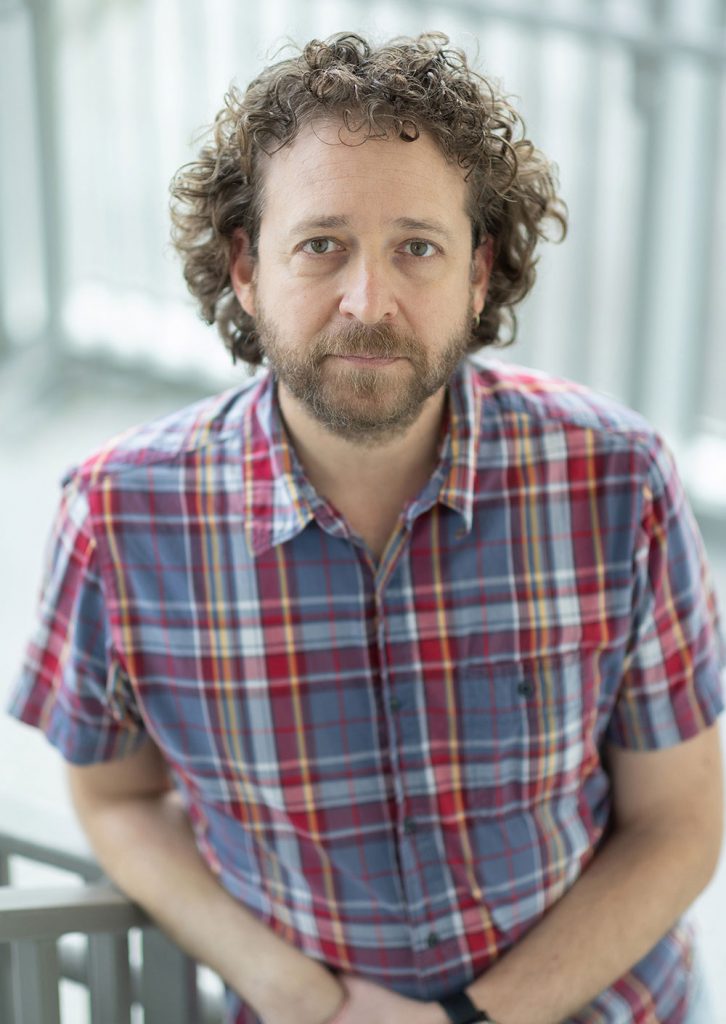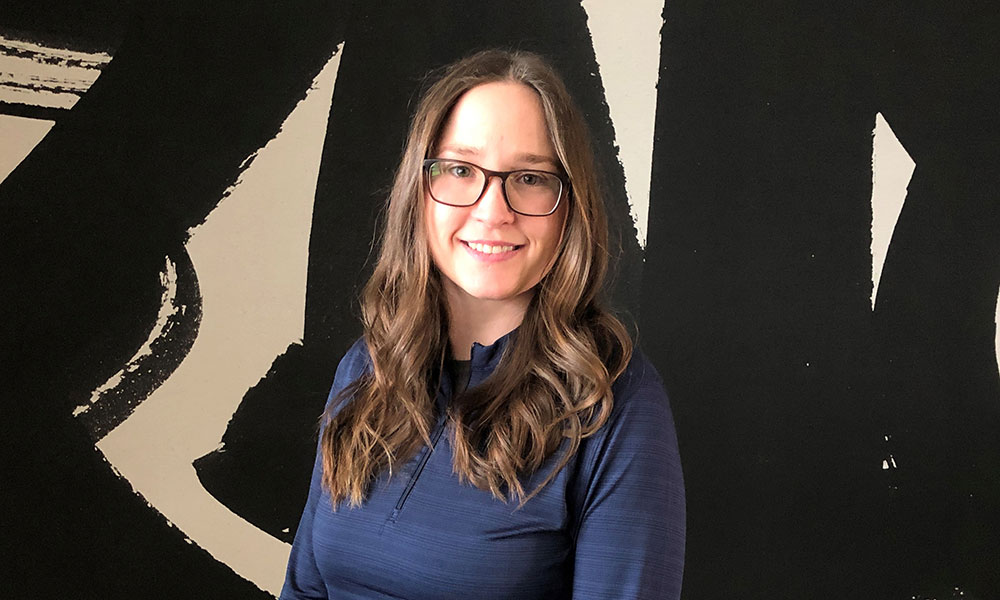
Dr. Tal Avgar, quantitative wildlife ecologist.
Dr. Tal Avgar is a quantitative wildlife ecologist who recently joined the Irving K. Barber Faculty of Science as a grant-tenured faculty member in the Department of Biology. His research focuses on pressing issues such as woodland caribou recovery, and the empowerment of Indigenous-led conservation efforts. We connected with Dr. Avgar to learn more about his unique role, research interests, and vision for the future of wildlife science.
Welcome to the Irving K. Barber Faculty of Science! Tell us about your role in the Faculty.
I am an assistant professor in the Biology department, but my position is unique as my appointment is 100% research-based.
While I have enjoyed teaching in the past at Utah State University, where I developed and taught an undergraduate ‘Introduction to Ecology’ course and graduate ‘Foundations in Ecology’ and ‘Animal Space-Use Ecology’ courses, my focus at UBC Okanagan will be solely on research and graduate student training.
You have a wealth of experience as a Quantitative Wildlife Ecologist, in both academia and the private sector. Can you tell us a bit about your background?
My background is primarily academic.
I have a BSc in Biology and Geology from the Hebrew University of Jerusalem in Israel, where I also completed my MSc research studying the foraging behaviour of seed-eating ants. I moved to Canada to pursue my PhD at the University of Guelph in Ontario, focusing on woodland caribou research. I subsequently served as a postdoctoral fellow at the University of Alberta in Edmonton, studying various wildlife species, before joining the faculty at Utah State University. After four years as an assistant professor, supervising nine graduate students, my family and I decided it was time to return to Canada. I accepted an opportunity with the Wildlife Science Centre, which is part of Biodiversity Pathways, a non-profit organization providing research services to federal, provincial, and territorial governments, and communities.
What can you tell us about the Wildlife Science Centre, and what inspired you to take on this role?
The Wildlife Science Centre is essentially a team of highly devoted and incredibly skilled researchers providing a service no other organization, be it academic, governmental, for-profit, or political or ideological, can provide. That service is value-neutral, highly informed and cutting-edge scientific answers to a variety of questions and challenges faced by wildlife managers. With support from some incredibly dedicated individuals in Biodiversity Pathways and UBC Okanagan, my role in the organization has quickly evolved into what it is now – a grant tenure professor in the Biology department at UBC Okanagan, and a senior scientific advisor to the Wildlife Science Centre. I now get to enjoy both worlds, and I am loving it!
Was there a defining moment when you knew you wanted to become a wildlife scientist? What led you to work in this field?
I do not think I ever consciously decided to become a wildlife scientist. I pursued my MSc in ecology because during my undergraduate studies, I worked part-time as a research assistant on a couple of ecological studies, and I found it incredibly enjoyable. It took me almost three years to complete my MSc research, and by the end, I had not even considered pursuing a PhD, let alone a career in academia. Then my thesis was published in a prestigious journal, and I was looking for an opportunity to leave my home country. One thing led to another, and I soon found myself embarking on a PhD in Canada.
Why study caribou, moose, and wolves? Because there was funding for studying these critters here in Canada. Before coming to Canada, I had never seen a moose or a wolf, not to mention a caribou, and I had no aspiration to study any particular species or system. In fact, I still don’t have a specific preference; I’m primarily driven by the intellectual challenge rather than the type of organism I study. However, having the great outdoors as my lab adds some significant bonus points!
Can you expand on some of your research interests? What have been some of the challenges you’ve faced?
My research focuses on what we can, and cannot, learn from animal positional data. For example, GPS tags can frequently and accurately tell us where a specific individual is, but what can they tell us about how many individuals are out there? Motion-triggered cameras can tell us whether and when a given species uses our camera sites, but what can they tell us about why? What might we learn about the viability of a population by monitoring the space-use behaviours of individuals? Can we predict future animal distribution and abundance? It turns out that such questions are incredibly challenging to answer, but the reward is much more than winning an academic argument – it has profound implications for how we manage and conserve wildlife.
Where do you see yourself in five years’ time, and what do you hope to accomplish during your time at UBCO?
I hope, with all my heart, that in five years’ time, I will be exactly where I am now – trying to answer exciting scientific questions while training the next generation of Canadian wildlife scientists. I hope to continue working for and with Indigenous communities, and being part of an inspiring team of collaborators who are researching science that truly makes a difference. One of my favourite aspects of being a university professor is mentoring emerging scientists. I genuinely hope I can contribute to UBC Okanagan’s rise as a national and international leader in the training of top-tier wildlife scientists and the making of top-tier wildlife science.


